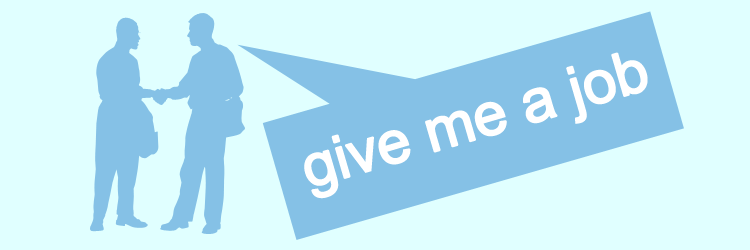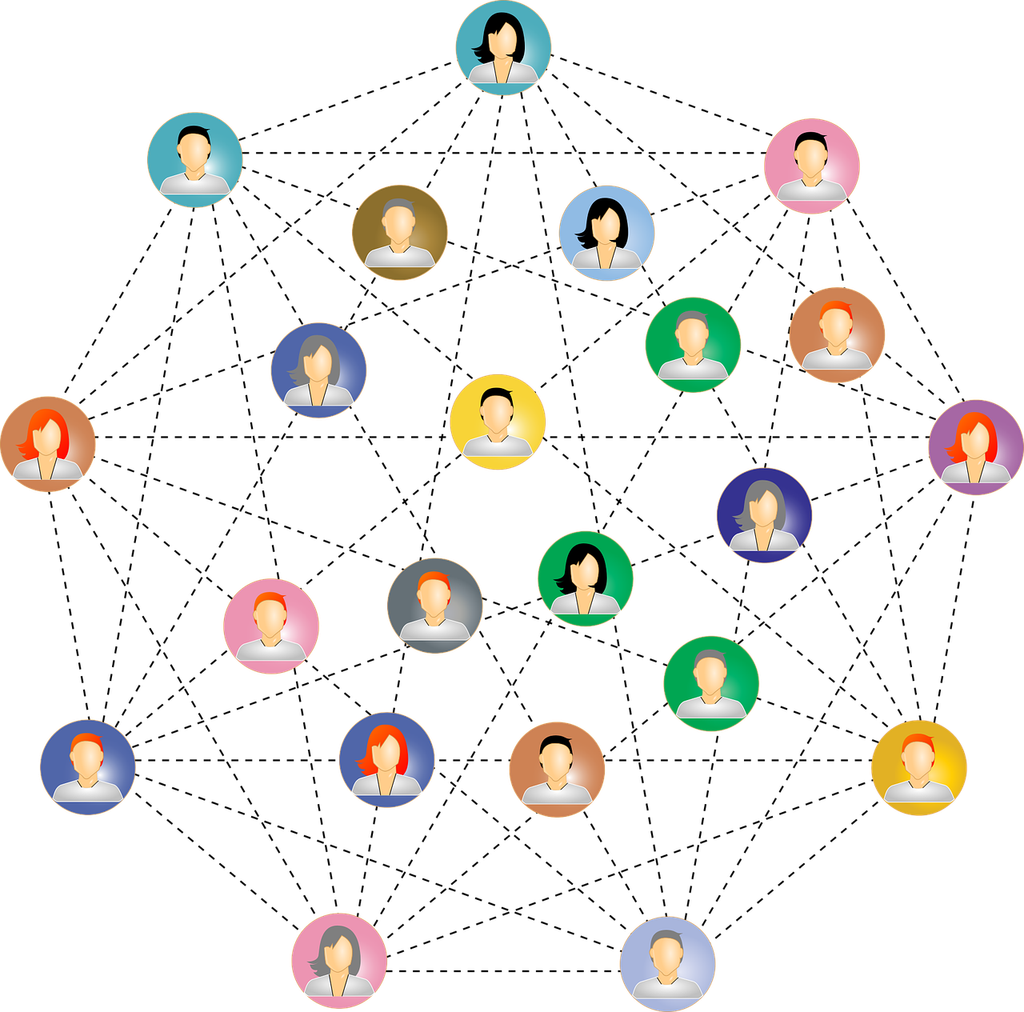It would not be a very bold statement for me to say that “networking is important.” This is something most graduate students have likely heard from lots of different sources like their parents, their supervisors, or any formal professional development course they’ve taken. The reason this advice is so common is because it’s true. However, it can be difficult to understand what networking means or start networking if you’ve never done it. What is networking? Unfortunately, the idea of networking gets a bad rap, because we often think of it as something self-serving business people or politicians do in order to get an (unfair) leg up on the competition. This whole idea that your success doesn’t depend on what you know, but who you know is discomforting. The typical, misleading view of networking. [Source] At least within academic science, and specifically in my field of ecology and evolution, networking is simply the act of talking to other scientists and finding common interests. The goal isn’t just to get your name out there, or to hunt down and find that one person who may be able to give you a job. Really, it’s about making and connecting with friends. Why should you do it? Networking is important! No, but really, the more friends you have, the more potential resources you have to draw on. I like to think of the benefits of networking as varying along two axes: 1) direct versus indirect and 2) immediate versus delayed benefits. Immediate direct benefits are the most obvious, and maybe what most people envision when they think about networking. You go to a conference and you find someone who knows exactly the type of analysis you need to finish up your manuscript and they become your new co-author. Done! Or if you just happen to find the perfect PI who just happened to be looking for a postdoc that just happened to be a perfect fit for you. Success! But the delayed benefits of networking are far more common, and arguably, perhaps even more important. The thing about scientists (and most people in general) is that we like working with people we like. So, let’s say you have been networking for years at conferences as a graduate student and you have built a pretty nice network of friends who work on all sorts of topics. Then one day, someone in your network wants to write a grant or work on a project and needs someone with a particular expertise. It turns out that is *your* particular expertise. Who do you think that person is most likely to 1) think of and 2) want to work with? Probably their friend that they see at conferences every year and have lots to chat about with – which is you! I have a collaborative grant and several publications that were a result of folks remembering me from meeting me at conferences and asking me (much later) to be involved in a project because they knew that I had the skill set they needed. Networking works! Indirect benefits also abound, and these perhaps may never become obvious to you. But if folks remember you and remember what you do, they may also be more likely to recommend you as a manuscript or grant reviewer or nominate you for an award. If your name comes across their desk for a job application, they may be able to match a face to a name. It is easier to recall the names of folks that you have personally interacted with, and the more you interact with someone the easier it becomes. Remember, researchers exist and work in niche fields in which most people are related through only a few degrees of separation. Someone in your network thinking up a new research project, about to email you for a collaboration! [Source] How do you do it? The most important thing to remember about networking is that you truly should be seeking to make real, authentic connections with people. Bonding over shared scientific interests is good, but I think to make the most successful connections it helps to bond on a personal level – that is, to become friends. It can feel like there is this pressure to constantly be “on” and offering highly insightful and transformative remarks about science which causes folks to clam up after they have exhausted the typical “and so what do you work on?” small talk. So, feel free to transition the conversation to something else at this point: ask them if they like where they live right now, if they are excited to see something particular in the city the conference is held in, and if they are doing any traveling before or after this trip. A successful interaction bonding over science or otherwise will add a new node to your network. A social network with connections to all your new conference friends! [Source]
Adding new nodes to your network is important, but I think the next step is often over-looked when reading about networking advice: you need to keep that node there. My goal at every conference is to walk away with three new friends – if I would feel comfortable approaching and saying hi to these three people at the next conference at which we see each other, that’s a success. This means you need to strengthen your connection with a new friend beyond your first interaction. So if you met someone nice today at a conference, make sure to stop and chat for a few minutes the next day you see them or ask them to get a coffee or drink later. Drop them an email later on when you see a cool paper they might be interested in. It’s these repeated interactions in a short time frame that will help solidify the bonds between you and your nodes in the longer term. Here are some actionable pieces of advice that will hopefully help lessen the stress of networking. These are geared mostly towards a conference setting, but some of them may translate across contexts. These are also what seem to work for me, so of course, your mileage may vary.
This post is shared with the permission of the author from The Ethogram, the official blog of the UC Davis Animal Behavior Group.
0 Comments
Leave a Reply. |
|




